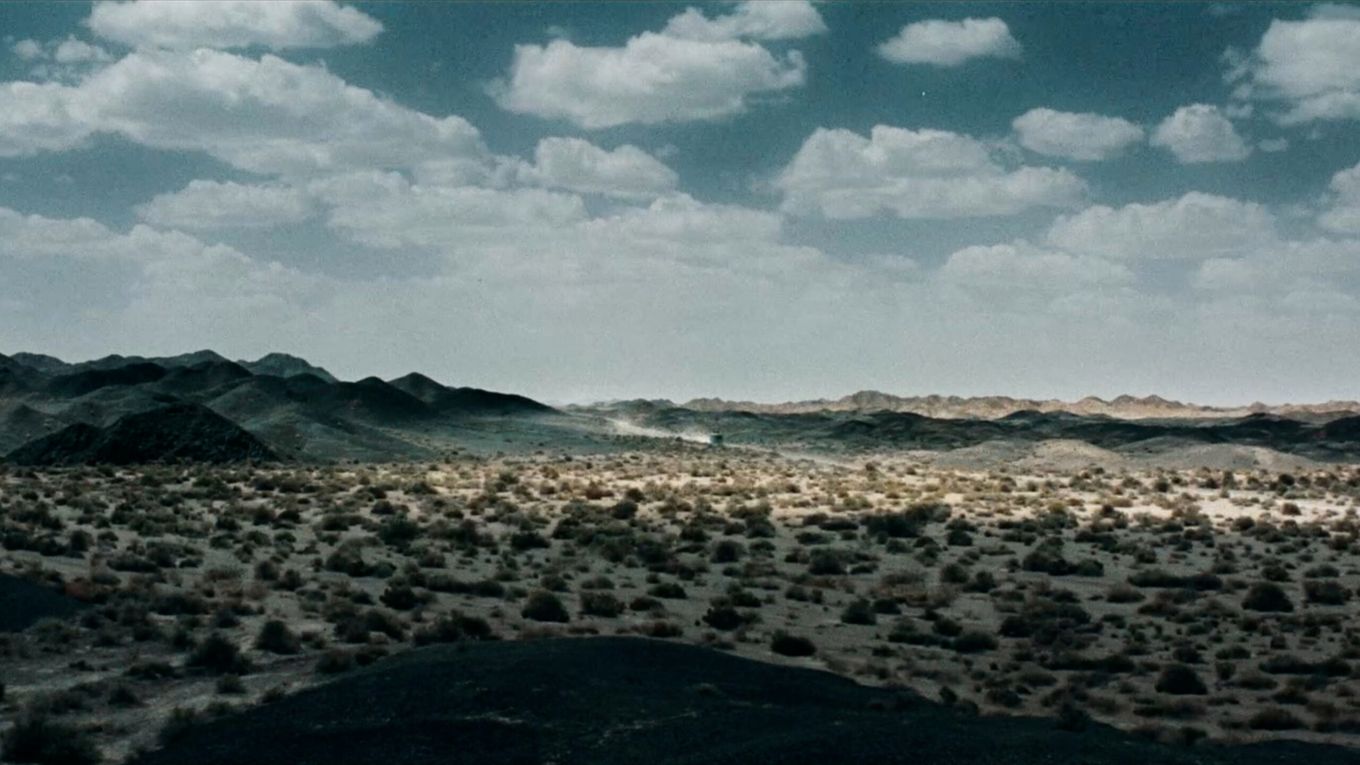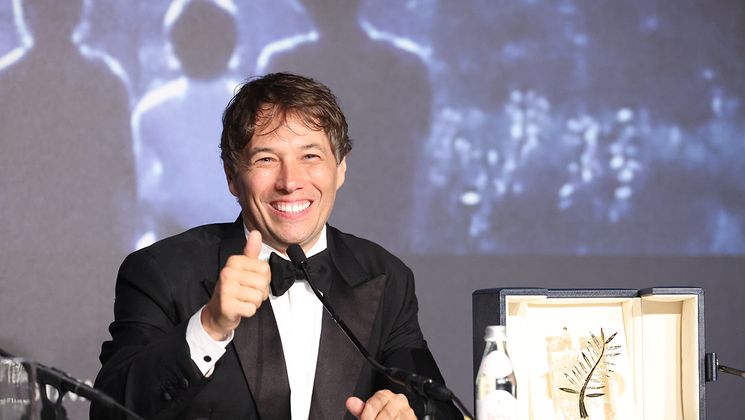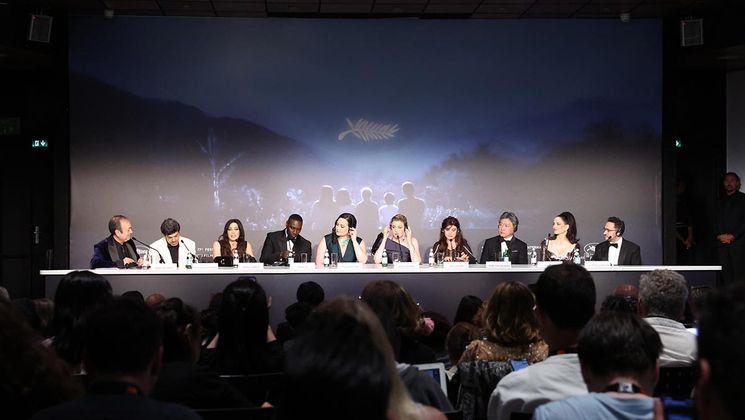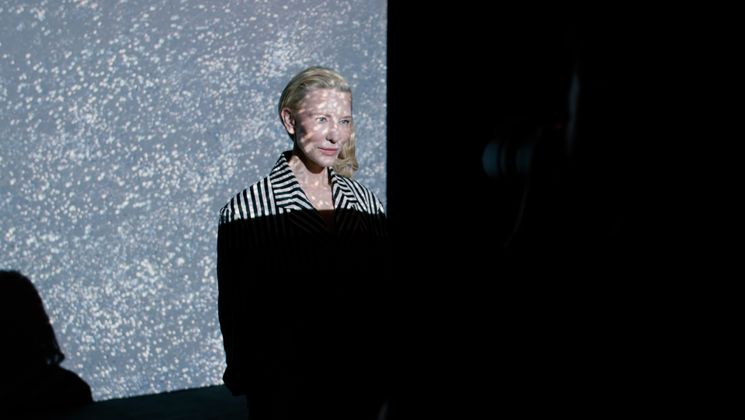
Black Dog (Gou Zhen), Guan Hu’s vision

In Black Dog (Gou Zhen), his new feature film presented at Un Certain Regard, Chinese filmmaker Guan Hu tells the story of Lang, a local authority worker tasked with removing stray dogs from his home town on government orders. It is an opportunity for the director to film the daily lives of those left behind by the industrial development that is driving the country’s economy.
What inspired you to begin work on this film?
Living in China, I have experienced China’s tremendous development over the past decades first hand. I have always been curious to know what life has been like for people in places outside the big cities and in more remote parts of China during this rapid period of development. There are bound to be people who have been left behind or cast aside in that process. But as individual souls, what kind of strength keeps them going and helps them survive? My interest in and reflections on these groups of people are what inspired me to work on this film.
Please share a few words about your actors.
The actors in Black Dog (Gou Zhen) are very experienced and are familiar to most audiences. Because the film focuses on the Gobi Desert and the vast expanses of Western China, rather than the trendy big cities, we wanted the actors to blend into the environment and look just like the locals. This was most challenging for Eddie Peng, who plays Lang in the film, because he has a background in gymnastics, he is tall and handsome and has a strong fashion sense. That image was very different from the character we had originally envisaged. In order to bring the actor closer to the character, we had to change his physique, skin tone and facial features, removing the urban vibe he exudes from within and without. At the same time, we had to subtly reveal the desire and dignity inside him that is hard to suppress. The end result is there for you to see in the film.
What did you learn during the course of making this film?
Because this film focuses on the lives of a particular group of people undergoing huge social changes, the idea was to capture “those people” in the film. During the process of making the film, I once again felt that capturing the lives of those people transcended the creative process. I also felt the power of subtraction and simplification. My hope is that years from now people will be able to see what life was really like in that place at that time, as well as get a glimpse into their inner selves and how they experienced life. In my view, recording their lives and experiences is the greatest gift that the film can give us.
What made you want to become a director?
Because both my parents were actors, I pretty much grew up on a movie set. The place where my parents worked screened films regularly, but because tickets were hard to get, we children would make our own fake tickets to get into the cinema and watch all the films our generation hadn’t yet been able to see… That childhood experience is probably what influenced and motivated me the most. It is the oxygen that nurtures my creative growth.



